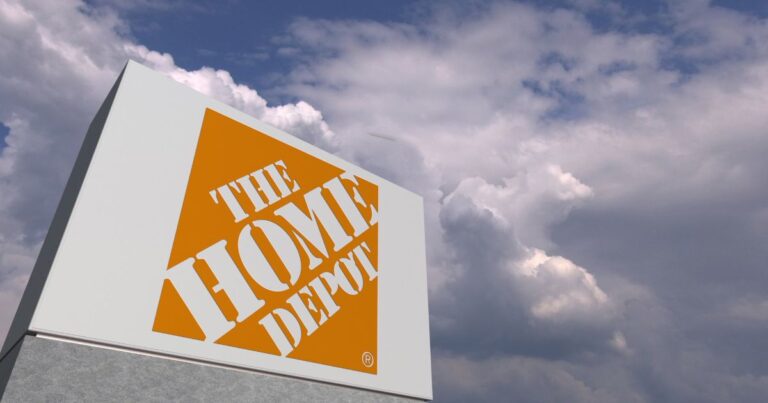What Maine Businesses Need From Congress to Improve Market Transparency and Product Safety
This post orginated as the Executive Summary of a Report released today by our partners at the Alliance for a Clean and Healthy Maine. They conducted a survey of over 150 small businesses and released a report, this executive eummary and a sign-on letter from over 200 small businesses in Maine.
Businesses across Maine are concerned about what could happen if the products they are use or sell contain toxic chemicals. They want good information for themselves and their customers. Almost all of the 150-plus businesses surveyed for this report support stronger federal chemical policy and phasing out the most dangerous chemicals when safer alternatives are available.
Four key findings from the business survey:
1. Maine small businesses overwhelmingly support stronger safer chemicals policies and the phaseout of dangerous chemicals when safer alternatives are available. 88% of business surveyed support stronger federal chemicals policy that ensures full health and safety testing of all chemicals incommerce. 96% of businesses surveyed support the phase out of the most dangerous chemicals whensafer alternatives are available.
2. Maine small businesses are concerned about their liability if they sell or use products that containtoxic chemicals. The majority of businesses surveyed (74%) responded that they have concerns or that they have already taken precautions to use or sell products that do not contain toxic chemicals.
“Businesses want accurate information on chemicals used in the products they sell or use.”
3. Many customers of Maine retail and service businesses want to know about chemicals in the products they use and sell. Nearly one in three businesses surveyed remembered customers asking directly about toxic chemicals in their products.
4. Businesses want accurate information on chemicals used in the products they sell or use. Of the businesses surveyed, professional service businesses were the most concerned. A majority (59%)of professional service businesses reported that they have tried to get information about chemical hazards in products from manufacturers.
These results reinforce the concerns that policy makers in many states and Congress are increasingly hearing from businesses. Downstream business users of chemicals, both small and large, struggle to get accurate information about the toxicity of chemicals from either chemical manufacturers or the government.
Tell your senator now that we need to pass the Safe Chemicals Act of 2011.
As customers become more concerned about dangerous chemicals in everyday products, manufacturing, retail,and service businesses face increasing consumer demand for information and for safe products. Businesses are concerned about their liability from dangerous chemicals in products they sell, use or recommend. Most businesses support strong government policies to require disclosure of health and safety information aboutchemicals, and the phase out of dangerous chemicals when safer alternatives are available.

Unfortunately, the federal Toxic Substances Control Act (TSCA) is outdated and ineffective. TSCA does not give the U.S. Environmental Protection Agency adequate power to identify and regulate dangerous chemicals, leaving businesses in the dark about product safety.
The Safe Chemicals Act of 2011 would remedy thissituation by improving the safety of chemicals used in consumer products, increasing public informationon chemicals and their health impacts, ensuring that the EPA is using the best available science when doingresearch on chemicals, and supporting businesses that are innovating and voluntarily using safer chemicals.
Tell your senator now that we need to pass the Safe Chemicals Act of 2011 it is good for our families’ health and it is good for small businesses.



